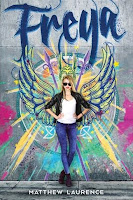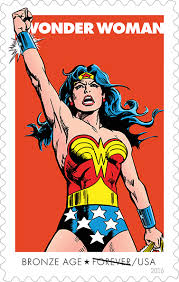
Thank goodness for Time Management Tuesday. This blog feature gives me a socially acceptable way to whine about the time crunch I've experienced this past month and a half due to family responsibilities. I've been working maybe three hours a week, not counting blogging, which I do in the evenings on a reduced schedule. I can't exercise the way I usually do, because so many days I have to be away from home for hours. I'm going to only half my tai chi classes, on the good weeks. I can't eat at my usual times for the same reason. Yes, yes, that's right. I eat at "usual" times. And often. Finally, flat surfaces in the house are covered with items I can't find the energy to deal with.
One day a week or so ago I was whimpering in my head about how I never can do anything for me, when I realized perhaps
I shouldn't be dwelling on how much I'm not doing for myself now. Instead, what about
how much I was doing for me, me, me before this summer's situation.
I've Done A Lot Of Stuff
 |
| Not Writing |
There have been times in the past when I've worked out an hour and a half a day. I know. That's ridiculous, especially when you consider what poor results I got for my effort. I did eleven years of taekwondo classes, sometimes twice a week. In the morning, prime work time. For three or four years now, I've been taking tai chi classes, jumping up from one class a week to two. There's
 |
| Not Writing |
been a lot of binge cooking over the years. Then there's been all the biking and hiking. When my children were young, I spent years doing ten to fifteen hours of volunteer work a week. Volunteer work was a thing in my circle. Unlike in
American Housewife, we were really into it.
I could go on, but I'd have to write about activities and interests I'd rather people didn't know about.
We Often Do Have Time
What I'm driving at here is that I've used a lot of time for what might be described as elective activities. So while I have written thirteen books, eight of which have been published, I have often had time I could have used to write even more, submit more, market more. I chose to use that time for something else.
 |
| Not Writing |
My experience illustrates a point that some time management writers have made: As a general rule,
we do have time to do the things we say we want to do. We just
choose to use it for something else.
Those choices are not necessarily bad ones. I'm not suggesting writers beat ourselves up for all the things we've done and enjoyed doing that didn't involve sitting at our computers four or five hours a day. But what we need to accept here is that we're not talking about not having time to write.
What has this acceptance done for me? Well, I'm not whining now, right? Beyond that, I'm not sure what this is going to lead to.

 We have book releases this month, as well as a group appearance. Not bad for summer.
We have book releases this month, as well as a group appearance. Not bad for summer. Thurs., July 13, Sally Sanford, R. J. Julia Booksellers, Madison 4:30 PM
Thurs., July 13, Sally Sanford, R. J. Julia Booksellers, Madison 4:30 PM
















